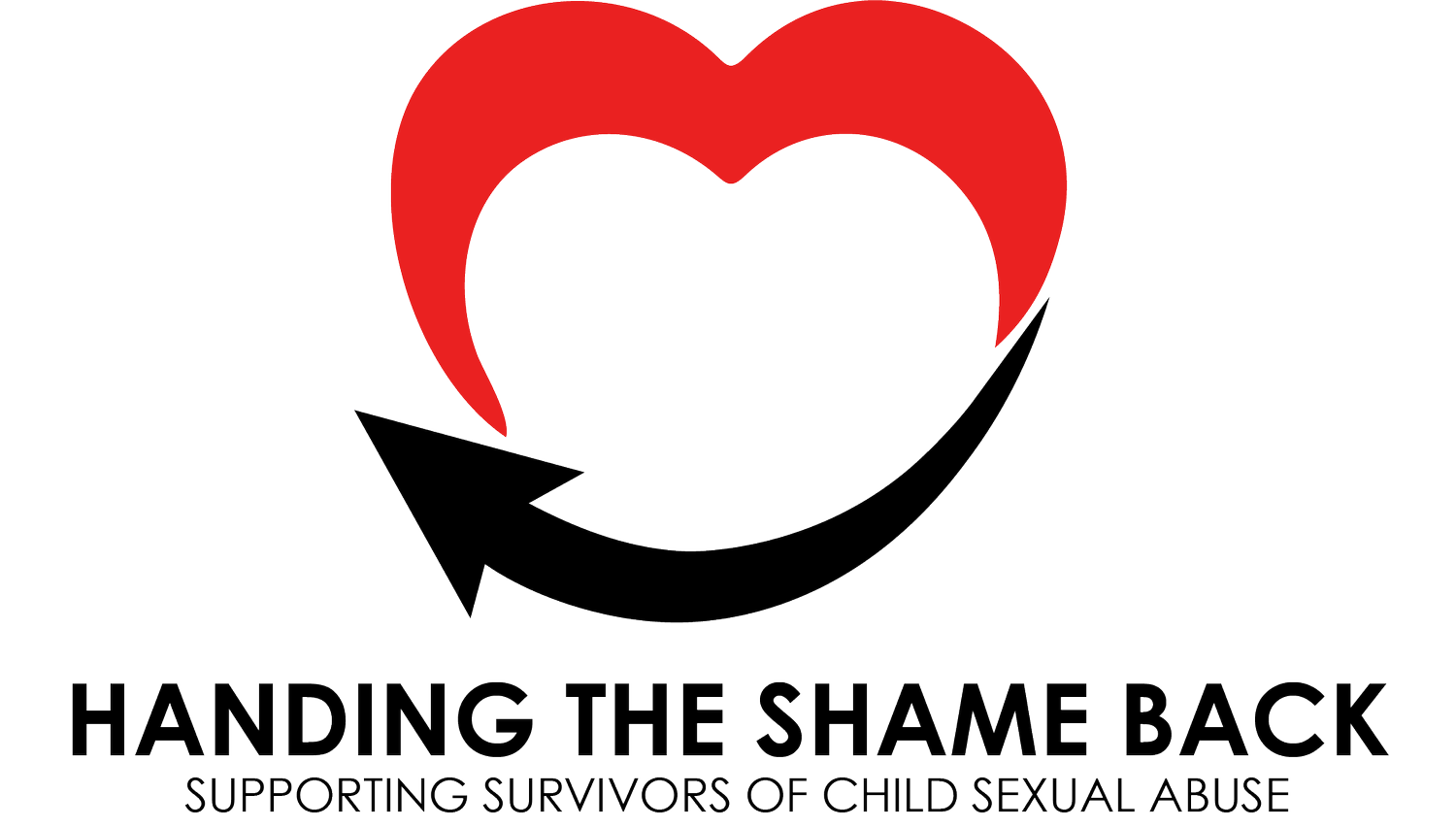Impact
Sometimes we have no idea of the impact we have. Sometimes we can tell straight away, we’ve just got it wrong, and other times we have no idea. We don’t always understand why.
But at least we’ve said what we wanted to, right?
Wrong.
If it is at the cost of the relationship, it is not worth the win or the impact it caused.
But what if we could get it right and still get our message across?
In any given moment we have the opportunity to do this, so what gets in the way? What is it about us that causes us to behave badly?
There are multiple reasons that cause us to behave in ways we wish we hadn’t. The truth is some of us know instantly in the split second afterwards, for others, we never quite get there – we just feel something is off, without ever really knowing what that is or how to make it better.
Making things right is always possible, and there is no specific timeline on this. There is also no reason why we cannot take action to repair the damage. Believe it or not, it is never too late. Picture this: The situation occurs, we behave strongly/badly/wrongly, we walk away full of adrenaline and righteousness, eventually knowing we need to make it right.
Little known fact; we will usually respond in a way that is not helpful or conducive to moving a situation along when we ourselves are struggling.
Our brain is configured in such a way to respond instinctively, if we understand how that works, we have an opportunity to take action that is helpful rather than harmful to a situation. The part of the brain that goes into fight, flight, or freeze mode is called the Limbic Brain. We traditionally choose one of these responses when feeling threatened or under attack. This part of the brain evolved millions of years ago when we were on the Sahara planes running from Sabre Tooth Tigers. Now that there is no longer a real threat, we don’t need to respond quite so strongly. And yet we do. It is instinctual and conditioned behaviour.
One of the ways we can circumvent this is to allow 6 seconds to occur before we react. That is the time it takes for our logical brain to override the emotional brain.
Take a deep breath
Take the 6 seconds before responding.
If you are not sure of what to respond with in a way that is helpful; the following may help:
‘I’ll need to think about that and get back to you’ or
‘Give me some time to process this ‘or
‘I hear what you were saying, And I’ll let you know later’
Finally, create a response that you can live with
By allowing this to happen we stand more chance of responding instead of reacting and therefore not destroying relationships. This may sound easy and a quick fix but is actually quite a skill to master confidently, mainly because we are creatures of habit and therefore used to reacting in a certain way. Logically if we keep responding in a certain way the same outcomes will occur, so it’s on us to try something different to get a better result.
There is nothing as challenging as trying to manage a difficult situation so that the relationship is kept workable and positive. We cannot be responsible for other people’s behavior or how people choose to treat us, but what we can always do is be responsible for our own behavior and attitude. In times when we are stressed or overwhelmed it becomes even more difficult, and I’ve found the following ideas work for me:
Recognize when I’m struggling
Going within to gauge my intent
Checking in with my own accountability
Digging deep for the best version of myself
Realising that the relationship that exists can only improve
Acknowledge that people are doing the best they can with what they have
We will never get it completely right, but if we look at in terms of our intent, we stand more chance of changing situations that may have seemed unworkable.

